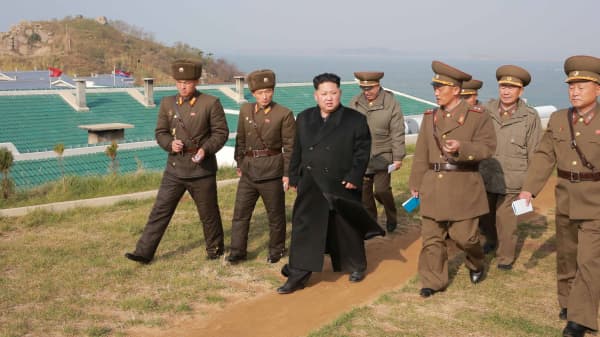President Donald Trump's latest Twitter broadside accused Chinese officials of boosting trade with North Korea as global leaders seek to boost pressure on Pyongyang to curb its nuclear ambitions.
But the latest trade data suggest that Trump's tweet missed its mark. In fact, Chinese trade flows with North Korea have been shrinking for the last three years.
A day after North Korea apparently tested a long-range missile that could extend the range of its nuclear threat, Trump chided Chinese officials for failing to restrict cross-border trade.
Trump tweet
It's true that trade flows perked up in the first quarter of the year, with imports up 18 percent and exports up 55 percent, when valued in Chinese yuan. But that uptick followed a steady decline that has continued in the second quarter of this year.
In April, Chinese imports from North Korea fell below $100 million, to the lowest level in nearly three years, Reuters reported.




